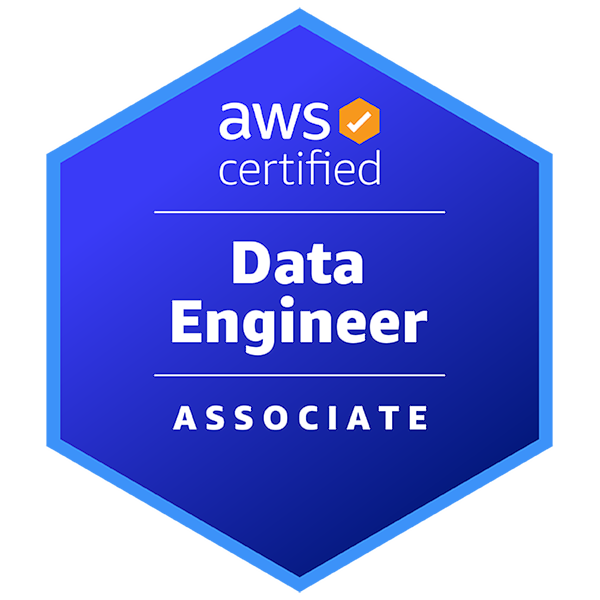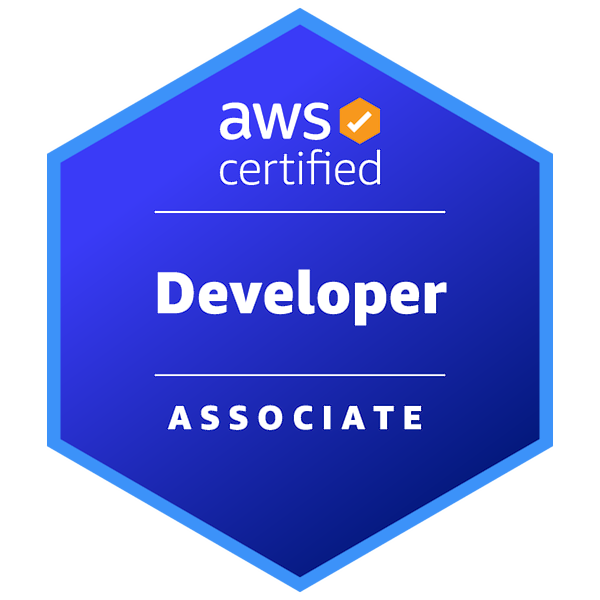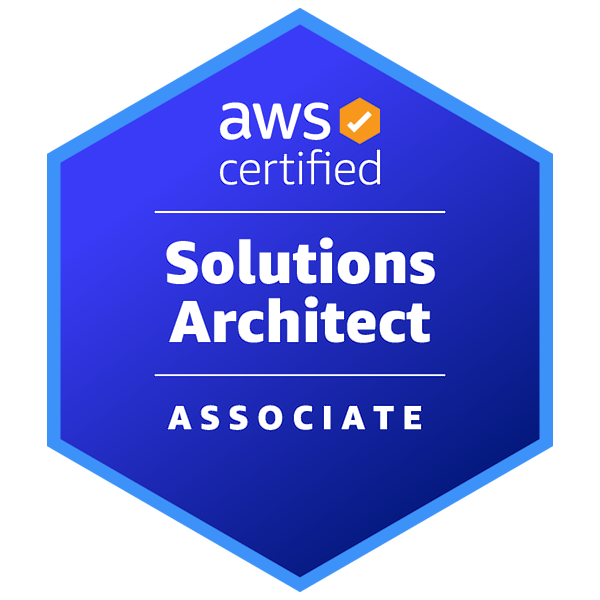Services
Dr. Tobias Sing is a visionary data/ML scientist with strong cloud
engineering skills to turn ideas into solutions, with over 15 years of
industry experience across various application domains. He is an AWS
multi-certified expert in delivering secure, reliable, performant, and
cost-optimized cloud systems, proficient in a wide variety of tools,
libraries, and technologies. Dr. Sing is the author of popular
open-source package ROCR for evaluating & testing ML models. His
scientific excellence is demonstrated by
over 30 peer-reviewed articles that have been cited in over 6,000+ publications.
- Robust Data Platforms & Pipelines. We architect and implement robust data platforms and efficient pipelines, ensuring seamless data ingestion, cleaning, and management to empower AI model development, enhance analytics, and optimize decision-making processes.
- Next-Generation AI & ML Solutions. Harnessing the latest advancements in AI and machine learning, we develop customized models that drive innovation, enhance efficiency, and power transformative business solutions.
- Cloud Deployment & Integration. From PoC/MVP to enterprise-grade: Transforming models and data pipelines into secure, reliable, high-performance, and cost-efficient applications.
Please contact us if you would like to discuss a project.
Interactive Engineering Showcases
If you would like to explore our interactive showcases, please contact us. We will then provide you with the login credentials.
-
Chat with your Documents: Retrieval-Augmented
Generation.
This demo showcases how Retrieval-Augmented Generation (RAG) can
securely connect large language models (LLMs) with proprietary data.
As an example, we created embeddings for the Bank for International
Settlements (BIS) Annual Economic Reports (2018 onwards) using
Amazon Bedrock’s Knowledge Bases and OpenSearch as a vector
database, integrated with a Claude 3.5 Sonnet model for enhanced
responses. The back-end is built with Python (deployed via AWS
Lambda), API Gateway, and Bedrock, while the front-end consists of
plain HTML/CSS/JavaScript, served efficiently and securely using
Amazon CloudFront. Here are some sample queries, but feel free to
ask your own questions:
- Are there recurring themes that consistently emerge in the BIS Annual Reports over the years?
- In which report did BIS discuss rising oil prices in relation to the 1970s oil shocks, and what was the main takeaway?
- How does BIS assess the economic impact of the global pandemic in its annual reports? Please summarize by year.
- Economic Data Dashboard with Python and Plotly Dash. This dashboard is built with Python and Plotly Dash, containerized using Docker and deployed via AWS Fargate. In the back-end, a daily-triggered AWS Lambda function fetches new data from FRED and stores it in DynamoDB. The front-end allows users to interactively visualize economic indicators. Authentication is managed through AWS Cognito, and Elastic Load Balancing ensures seamless scalability.
- Cost-Optimized Deployment of ML Models. AWS SageMaker provides a powerful platform for creating, training, and deploying machine learning models with seamless integration into the AWS ecosystem. This integration ensures high performance, availability, security, and cost-efficiency in production environments. Given the potential costs of model endpoints, this showcase highlights two deployment strategies—serverless and asynchronous—that minimize expenses by scaling down to zero during inactivity and scaling up on demand. Please allow a brief “warm up” time when accessing the endpoints after periods of inactivity.
- LLM-based text summarization. A front-end developed with plain HTML/CSS/Javascript allows the user to submit a text, which is then summarized. The back-end consists of an API method deployed on Amazon API Gateway. The API Method calls a Lambda function which in turn invokes an LLM on Amazon Bedrock (Amazon Titan Text Express) to summarize the user-provided text.
Publications
Dr. Sing's list of peer-reviewed scientific publications can be found on Google Scholar.
Professional Certifications


